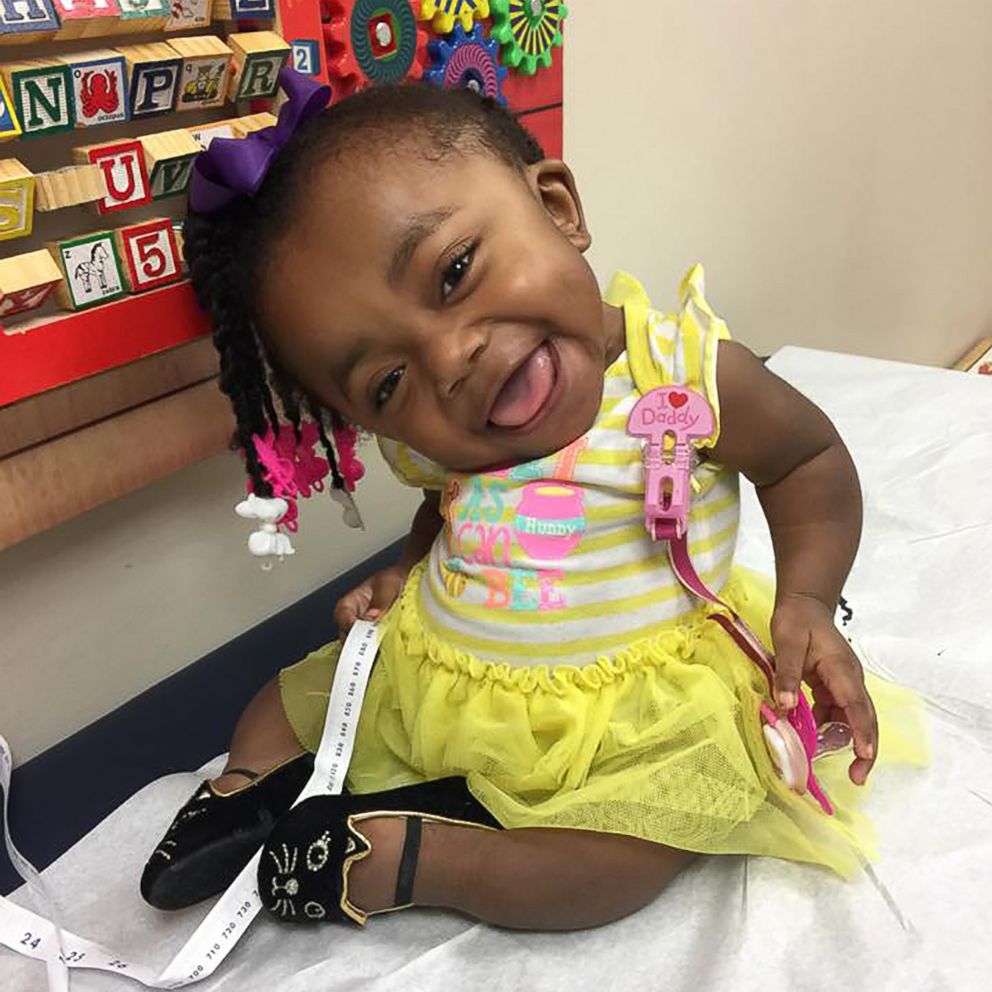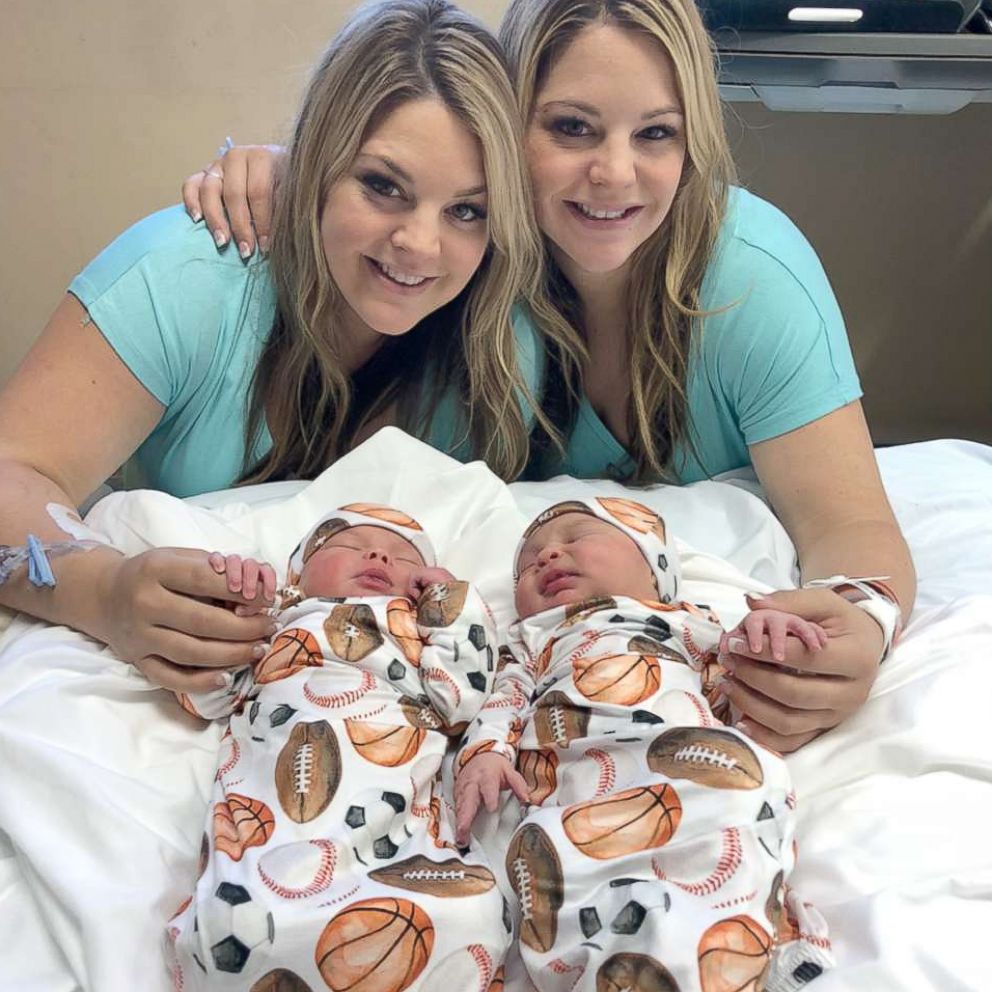Dancers with disabilities slay in jaw-dropping video
Doing things many people without disabilities couldn't.
They call it "rehability": the intersection of rehabilitation and ability. We call it "slaying."
No matter what you call it, prepared to get inspired by a video created by Mary Free Bed Rehabilitation Hospital in Grand Rapids, Michigan. They paired former patients and campers with Mary Free Bed staffers to show off their jaw-dropping moves. The whole production was choreographed by Marisa Hamamoto, a ballet and contemporary dancer for more than 20 years.
Called "Miracles in Motion," the video celebrates National Rehabilitation Awareness Week, Sept. 16-22. It's a cause close to Hamamoto, who discovered ballroom dancing while recovering from a rare spinal cord stroke that left her temporarily paralyzed from the neck down. In 2015, she founded Infinite Flow, an inclusive dance company, to use dance as a tool to empower people with disabilities.
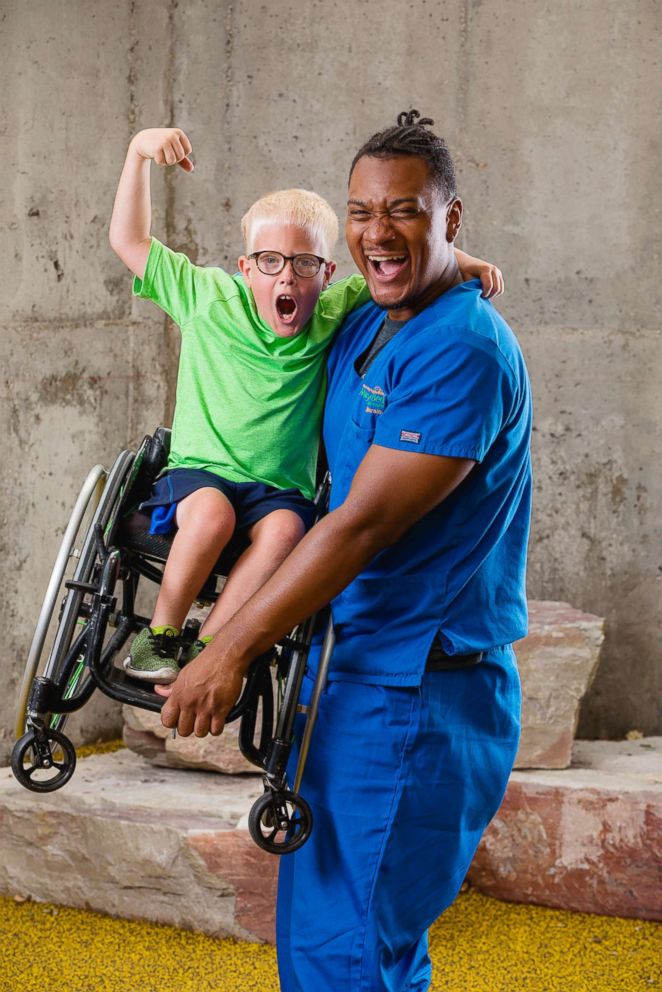
"There are over one billion people in the world with a disability who have little access to dance. I think it's my destiny to do something about it," Hamamoto said.
Eric Westover broke all four of his limbs in a motorcycle accident. His right leg was amputated above the knee, his left leg below the knee. Eric, 39, completed inpatient and outpatient therapy at Mary Free Bed and now mentors other patients.
"I was pretty nervous at first," Westover said, "I haven't really danced a lot before. I was unaware of what to expect. Marisa made it very easy and it was enjoyable. It was fun."
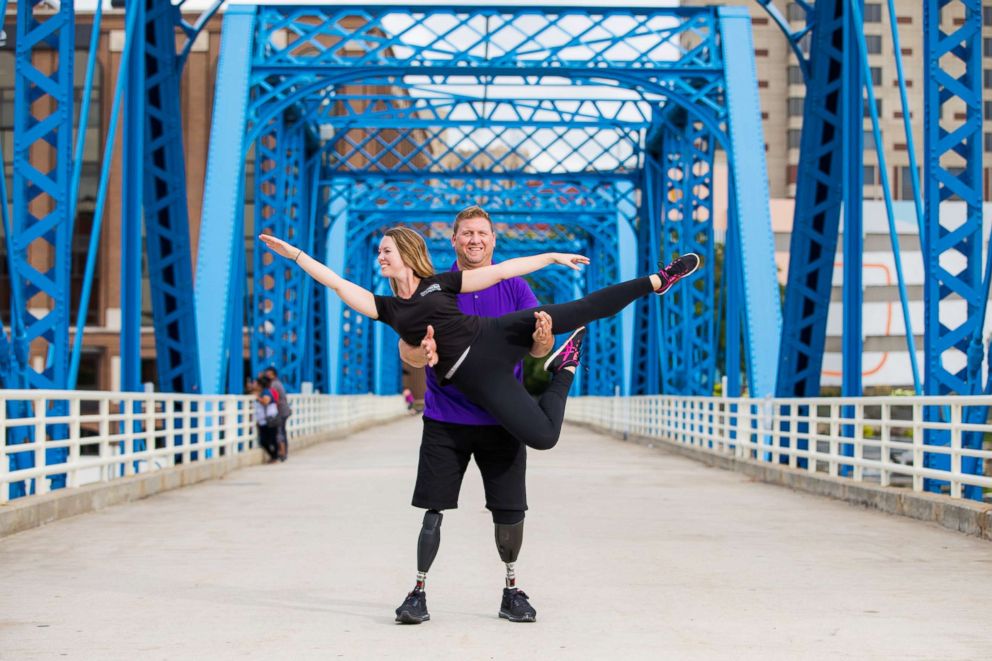
Dr. Sam Ho, medical director of the Spinal Cord Injury Program at Mary Free Bed participated in the video -- and in ballroom dancing classes with his wife.
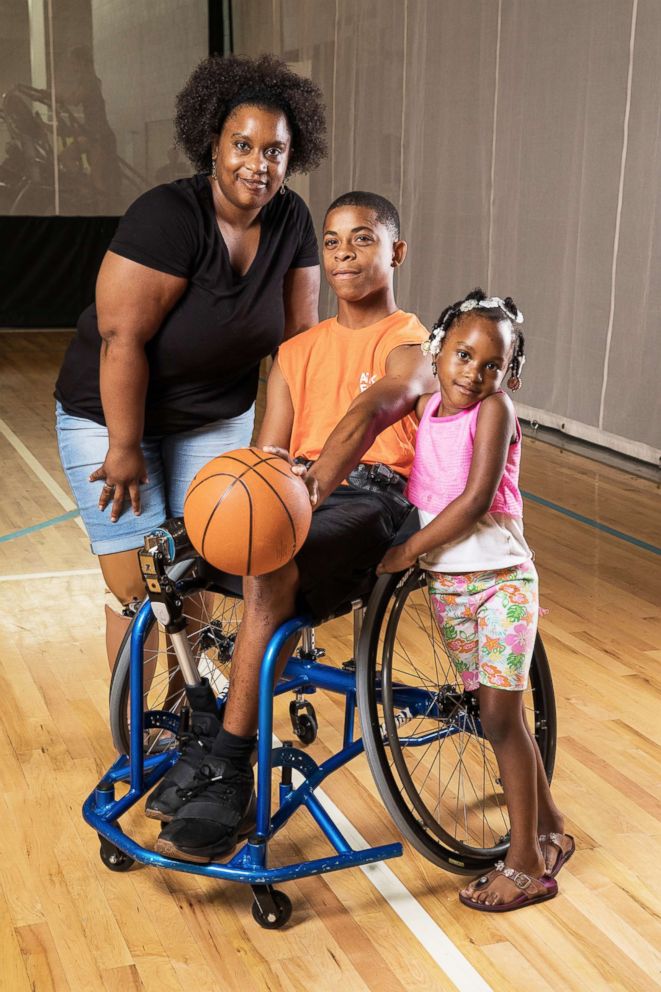
"You work hard enough, you will get to where you want to get to. So everyday we are interacting with patients, hopefully people will be inspired to try harder because every day is meaningful."
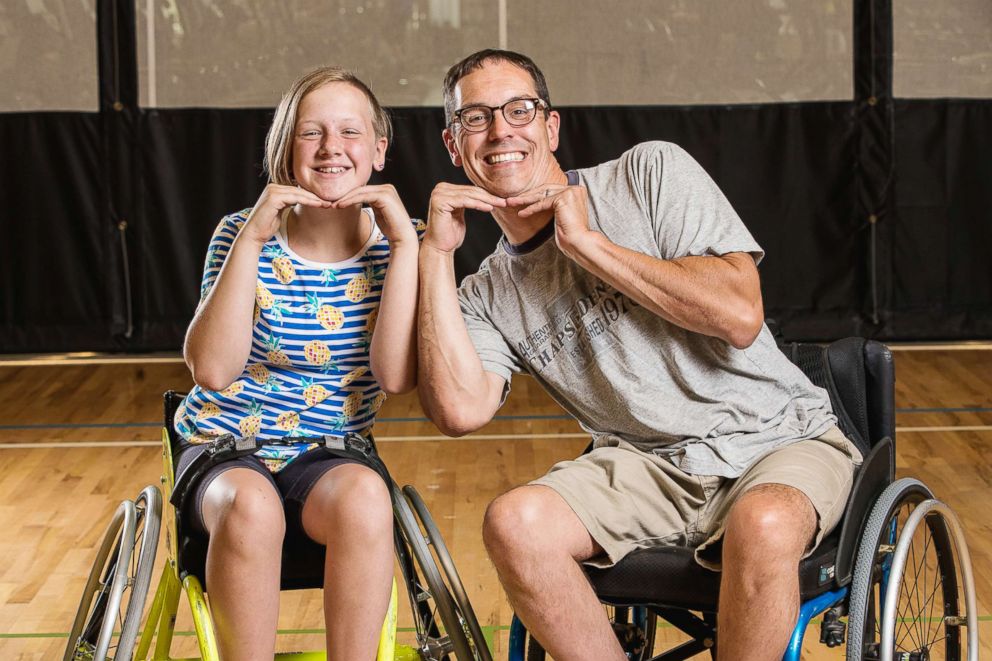
Thirteen-year-old Mackenzie Haag is a longtime camper at Junior Wheelchair Sports Camp. She was so invested in Miracles in Motion she missed her first day of eighth grade so she could attend rehearsals. Mackenzie, her father and brother have familial spastic paraplegia.
“People think because I’m in a wheelchair I am not able to do things an able body person can do,” Mackenzie said. “Anybody would get worn out doing this and we are doing it and we made it look amazing!”
